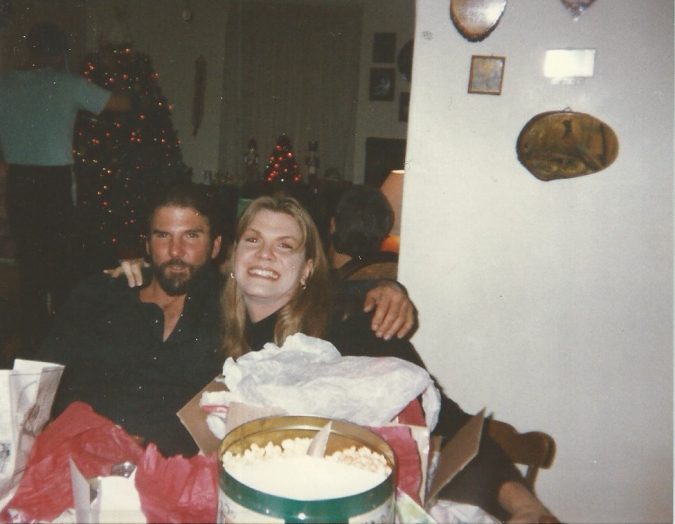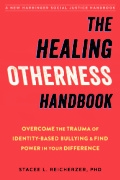In honor of Robin Williams, and my Own Father, Jimmy Reicherzer
Losing a person who touches our life even remotely is difficult.In this week’s blog, I’ll discuss suicide survival strategies for loved ones who are left behind.
Robin Williams entertained us on the big screen and in our homes, and while relatively few of the millions of people who adored his work knew him personally, we all share in the loss. Virtually inconceivable for most of us, suicide is a horrifying loss that deepens the closer that we are to the person. Even those of us closest to the suicide though are capable of healing, mending, and knowing peace. To do this, though, we must pass through the hellfire of self-blame.
In the beginning, everyone remotely connected to the deceased wishes they’d said something, done something, or carried out any of a variety of actions. We all take responsibility, asking ourselves what might have been different if we’d only ______ed.
When the person in question is an able-minded adult, people around us will try to offer comfort by saying, “there’s nothing you could have done.” We don’t believe it, though; because of there’s an small, scornful inner voice which tells us “You should have done whatever you could have.”
You’re right, there is everything you could have done!
After all, you had complete and utter control to change the deceased’s thoughts and actions, right? Of course you did, just as you do with everyone and everything around you! People don’t generally makes a life decision without consulting you, first; and they always, always follow your advice to the letter after doing so.
When you tell a person, “Don’t feel sad.” they snap out of it instantly, refreshed with the helpful reminder that indeed they should not be feeling this way. You just weren’t there to constantly follow the other person around, picking up the pieces of life, making the hard decisions, and never allowing her or him to feel rejection, anger, or any other uncomfortable emotion. After all, every destructive habit ended the instant you learned about it and were there to put a stop to it, didn’t it?
As powerful as you are over other people, you have tremendous control over the complex brain chemistry that’s associated with depression and other mood disorders, too. If the person happened to have trauma memories from before you came along, you in your amazing power could wipe those away. Merely discussing it with you meant that a terrible past, perhaps including abuse and unspeakable violence, is now a clean slate. Even the pain of divorce, job loss, bankruptcy, and other life challenges are gone just with a sly smile and snap of your fingers.
Such a powerful being you are to have so much ability to save people from their own pain!
Once you realize how absurd it sounds to think that you have any direct influence over another adult, you begin to see that no matter how loving you are, how much you give to a relationship, or anything else you did or didn’t do; you really don’t have much power over anyone but yourself.
Ultimately, each of us chooses what we do with the life we have and when and how we seek the help we need. Seeking a trusted friend, a therapist who specializes in our type of life problems, or a support group with people who share our common trait are all choices. The decision to take care of one’s life, not put oneself in risk, or follow a self-care plan when the signs of depression creep up are also choices.
Nobody ever consciously chose depression, or to be placed in traumatic situations. They didn’t choose to be dumped in a relationship, turned down for jobs, or lose all their money. They didn’t choose to become addicted to drugs that started off as recreational.
They did, however, choose their response. Death is one more choice. It’s one I very much wish that no one would make who is otherwise healthy and has more life to live. Yet, they do. My dad did. Robin Williams did, too. As hard it is for me to accept, it was their choice to make.
Try as you and I might, there’s nothing we can do to save people from the responsibility of their choices. That’s even true of the bad ones.


